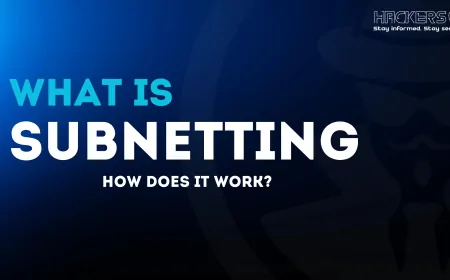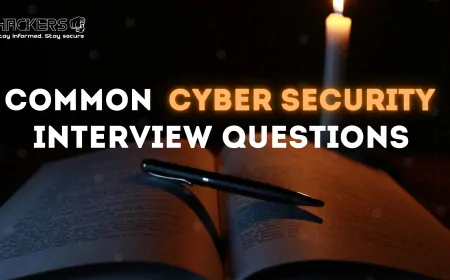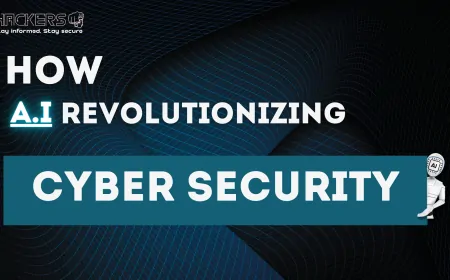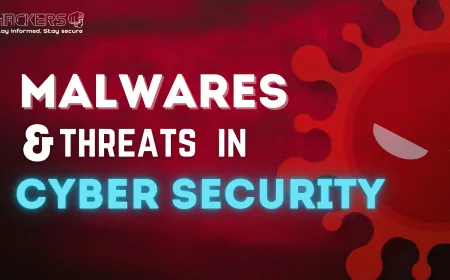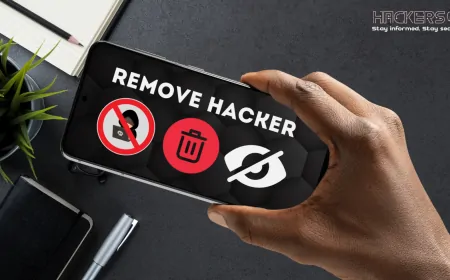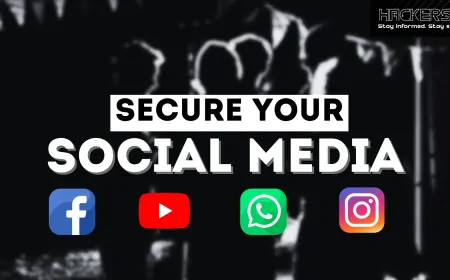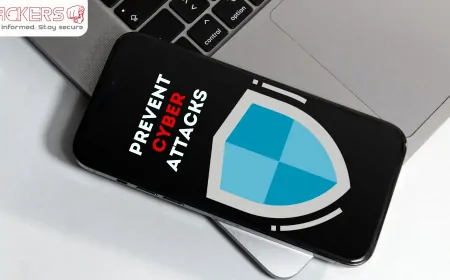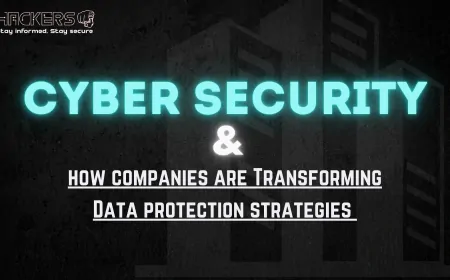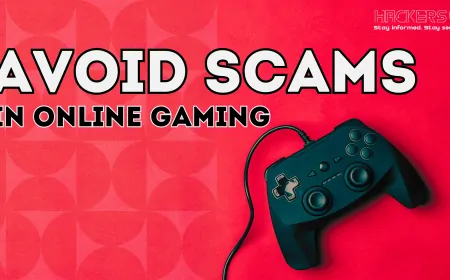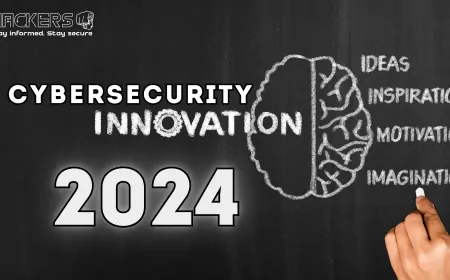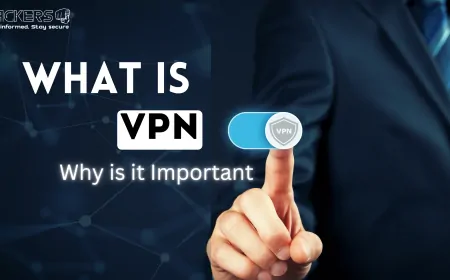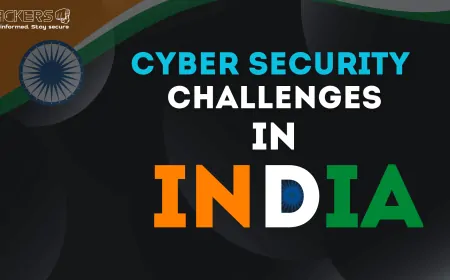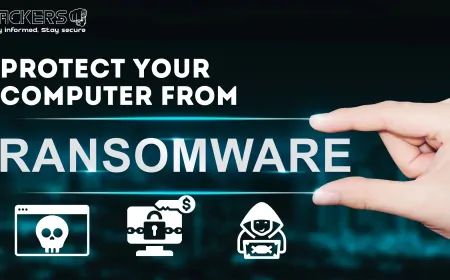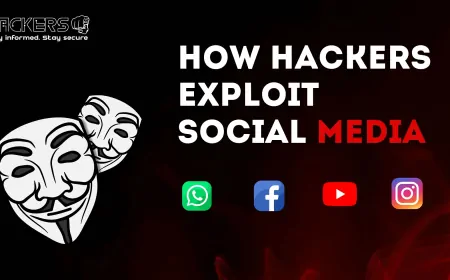(FAQs)
1. What are the most common types of scams in online gaming?
Answer: The most common scams in online gaming include phishing attacks, fake in-game item sales, account takeovers, and fake tournaments or giveaways. Scammers use these tactics to steal personal information, money, or gaming accounts.
2. How can I spot a phishing scam in online gaming?
Answer: Phishing scams often involve suspicious messages asking for personal details, login credentials, or payment information. Signs include messages from unknown players, generic greetings, and links to unfamiliar websites. Always verify the source before sharing any sensitive data.
3. Are free in-game items or currency offers legitimate?
Answer: Offers of free in-game items or currency at an unusually low price are often scams. Scammers may ask for your account information or payment in exchange for the items, but you’ll likely never receive what was promised.
4. What is an account takeover scam, and how can I prevent it?
Answer: Account takeover scams occur when scammers trick players into sharing their login details, allowing them to hijack the account. To protect yourself, use strong, unique passwords and enable two-factor authentication (2FA) for your gaming accounts.
5. How can I safely trade in-game items with others?
Answer: To safely trade items, use the official in-game trade system or platform. Avoid third-party websites and check the reputation of the other player before completing any transactions. Always verify the details of the trade before confirming.
6. What should I do if I receive an unsolicited offer or message from another player?
Answer: If you receive unsolicited offers or messages, especially those asking for personal information, be cautious. Do not click on any links or provide sensitive details. Report the suspicious player to the game’s support team.
7. How can I identify a fake gaming giveaway or tournament?
Answer: Fake giveaways and tournaments often require players to provide personal information or make a payment upfront. Legitimate gaming companies will never ask for such details in exchange for prizes. Always verify the event's authenticity through official channels.
8. What are the signs of a suspicious website or fake gaming platform?
Answer: Signs of a fake gaming website include misspelled URLs, poor design, and requests for personal information. Always check the website’s domain to ensure it is the official platform and avoid entering sensitive data on unverified sites.
9. What steps should I take if I fall victim to a gaming scam?
Answer: If you fall victim to a scam, immediately change your account password, report the scam to the game’s customer support, and check for any unauthorized transactions. If financial information was shared, monitor your bank accounts for suspicious activity.
10. How can I protect my gaming account from being hacked?
Answer: To protect your gaming account, use a strong, unique password, enable two-factor authentication (2FA), and be cautious when sharing personal information. Avoid downloading third-party software or clicking on suspicious links that could compromise your account’s security.










